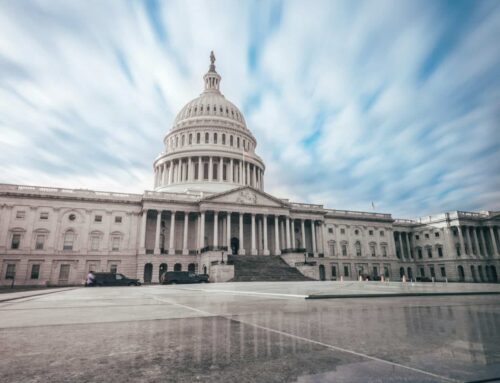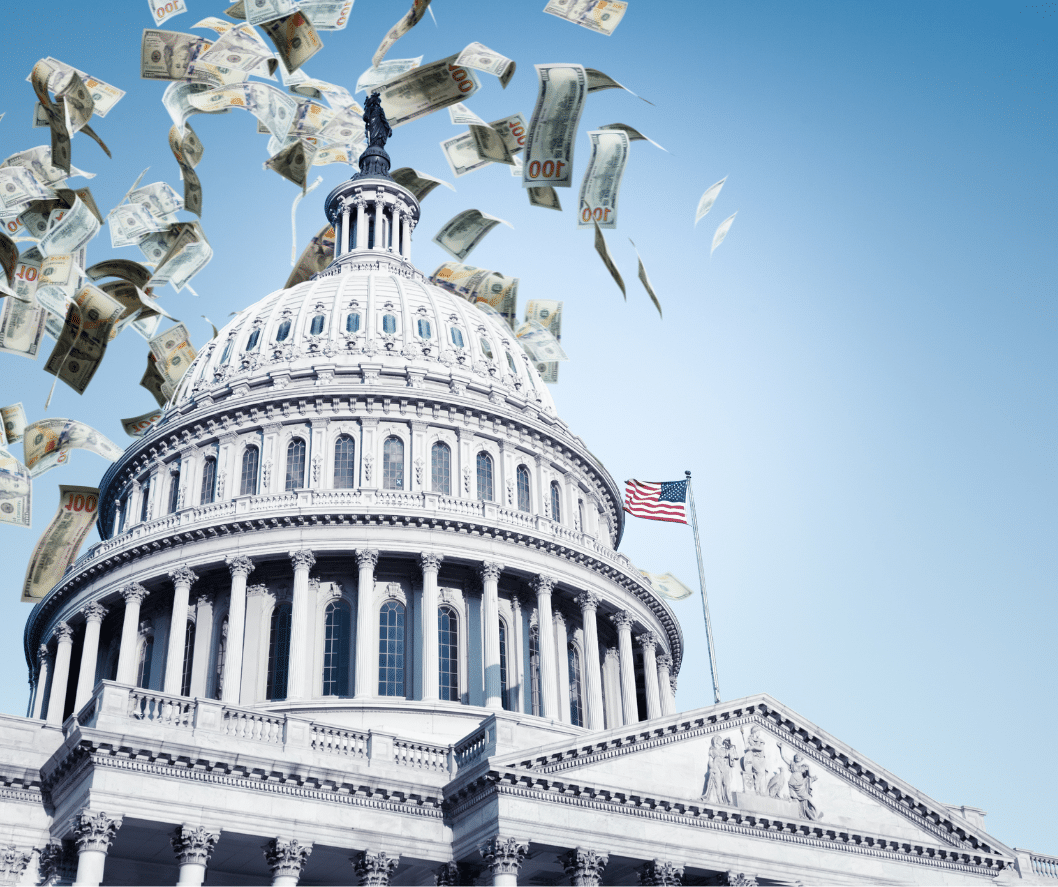Never underestimate the gravitational pull of the Capitol exits as the end of the year recess nears. The flurry of legislative activity this week is enough to make anyone’s head spin. Of course there is a method to this madness. Not one that taxpayers should be pleased with, but a rationale none the less. Create confusion, pressure, dilution, and distraction to get legislation passed.
To keep attention and pressure on finishing the tax package, leadership sidelined everything else until the tax bill was finished, including important pieces of legislation with looming expirations. The deadline to finish tax reform was actually September 30, 2018. And that’s only because they were using reconciliation procedures tied to the fiscal year 2018 budget resolution that expires at the end of the fiscal year. If they didn’t use reconciliation, there would not have been an expiration and we could have had the deliberative, bipartisan, deficit neutral process similar to the one that yielded durable tax reform in 1986. Regardless, unlike several other items in the Capitol on deck circle, tax reform had no hard deadline in 2017.
But December 22, 2017 loomed large for funding government operations and preventing a government shutdown. So too for extending flood insurance. Because of the large deficit increases from the tax bill, the “Pay-As-You-Go” law mandated across-the-board cuts for Medicare and a complete cancellation of other mandatory programs (Social Security is exempt) that would kick in January 1. Children’s Health Insurance Program (CHIP) funding expired at the end of September and states have been rejiggering funds and digging for coins in the couch cushions to keep program running. Disaster assistance for those individuals, communities, and states affected by Harvey, Irma, and Maria (and the wildfires) didn’t have a deadline, but the administration had requested tens of billions of dollars in additional funding on November 17.
All of this well-known workload was held at bay while the House and Senate worked on the tax bill. Lawmakers should be able to walk and chew gum at the same time. The tax bill was written and managed by the House Ways and Means and Senate Finance Committees, who have little to do with these other work that needed to get done. But to keep pressure on to finish tax reform, nothing else moved forward. Bad process leads to bad policy outcomes.
Leave aside our more than a trillion dollar deficit concerns, there are going to be corrections and adjustments to this tax law for months and years to come. Heck, the House had to pass it twice because of last-minute changes in the Senate. Tax lawyers are salivating over new ways to exploit the legislative provisions contained within.
But also none of the other work on Congress’ plate was completed. Government is funded through January 19, but lawmakers still haven’t agreed to the top-line level of funding for Fiscal Year 2018 even though the first quarter will be over. In fact, it’s not clear that funding levels will be decided by then, necessitating yet another CR. Similarly CHIP was just extended. Flood insurance runs through the date of the CR, even though the House has passed a five-year reauthorization. PAYGO was waived, paving the way for more deficit spending, but disaster assistance? Sorry, Charlie. More like sorry Harvey, Irma, and Maria affected people and communities.
We aren’t fans of the disaster package the House passed. The $81 billion package contained large pots of cash ($26 billion) that were ill-defined. Another $10 billion for Corps of Engineers construction in the affected communities (more than five times what the agency annually gets for construction for entire nation) had no expiration and no non-federal cost-share. There was a little noticed disaster reform package included that had a lot of good items, but had not been thoughtfully considered and would likely increase the federal share of disaster costs. And the worst of the lot was a huge giveaway to cotton growers that had nothing to do with disaster, unless you consider it would be a disaster for taxpayers. So we’re happy that particular piece of legislation didn’t make it through, although there should have been some bridge assistance appropriated before Congress skipped town.
And so dear Wastebasket readers, that is it for Taxpayers for Common Sense in 2017. But we’re just discovering the full implications of the new tax laws, and we never stop looking at the details. So you better believe we’ll be back at it and watching out for taxpayers in 2018.










